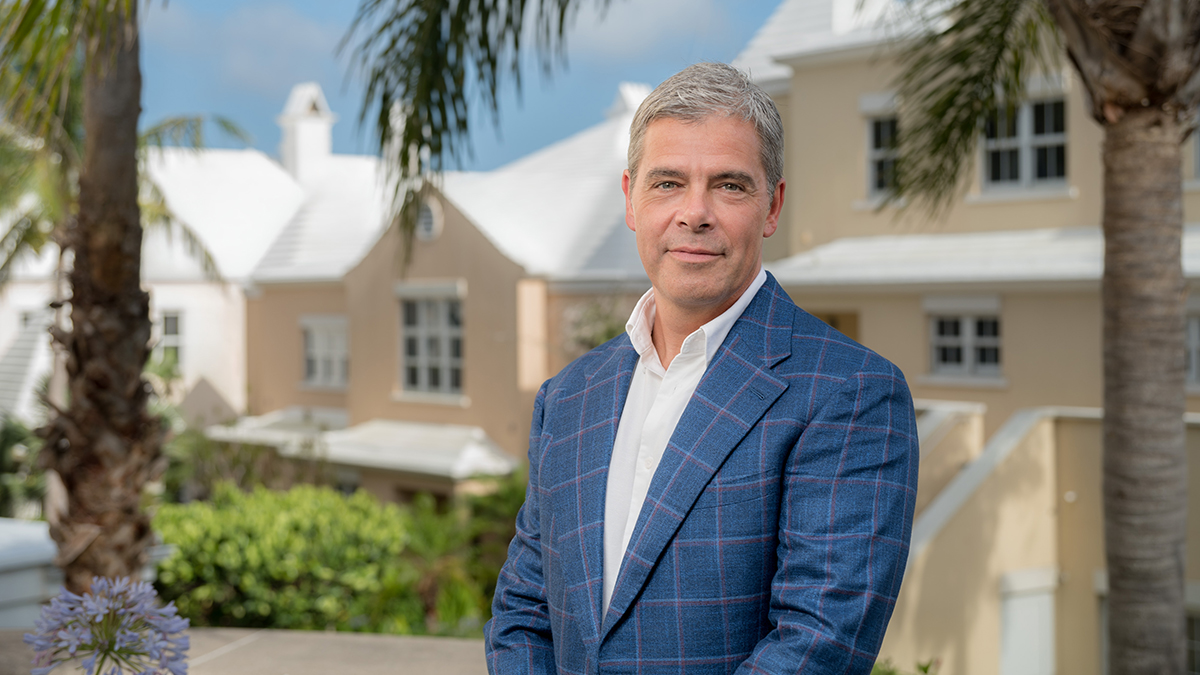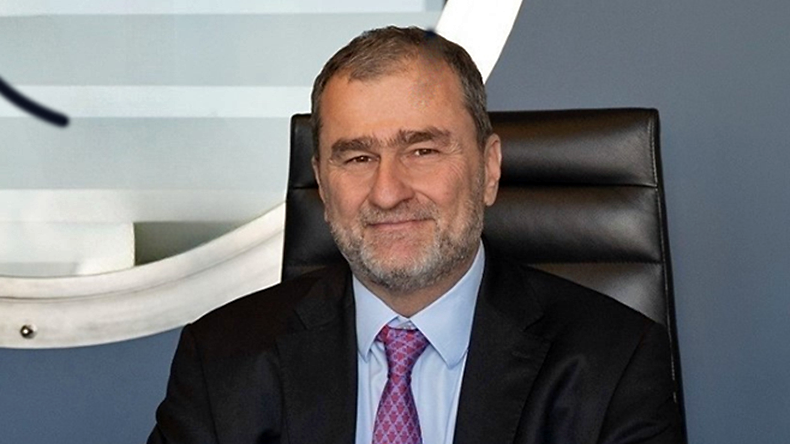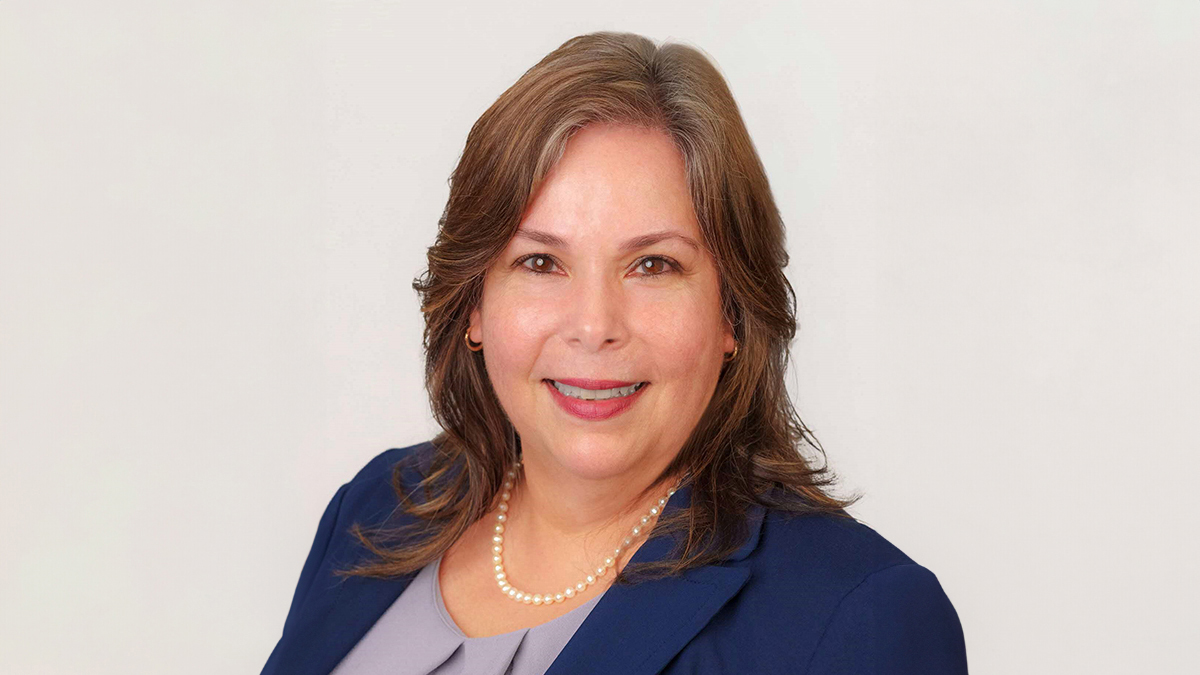SiriusPoint eyes further North America MGA tie-ups
The Bermuda-based reinsurer says it is ‘very selective’ in choosing partners, and that partnership arrangements can take up to 12 months to complete
Company plans to add ‘one or two’ MGA capacity partnerships per quarter to existing suite of 17 arrangements, carrier’s head of property and casualty for the Americas says
Bermuda-based reinsurer SiriusPoint plans to continue expanding its capacity partnerships with delegated underwriters in North America, continuing the company’s pivot away from direct ownership stakes in this sector.
In an interview with Insurance Day, Patrick Charles, SiriusPoint’s head of property and casualty for the Americas, says the carrier has a target of adding “one to two new partners” per quarter. The company currently has 17 managing general agent partners or programmes in North America.
“We’re not looking to go faster. We’re not looking to go slower. That’s a strong, but absorbable, rate of change within our ecosystem,” Charles says.
Charles adds that the company is “very selective” in choosing partners, and that partnership arrangements, typically, take about six to 12 months to complete.
“We want to find the right partners, and we’re not looking to rush any of these things,” Charles explains. “We’re looking to be very measured and deliberate about the partners we pick, and the pace that we operate at.”
In a March 2024 interview with Insurance Day, SiriusPoint chief executive, Scott Egan, said the company had scaled back its portfolio investments in MGAs, from 36 businesses to 25.
Charles indicated that SiriusPoint would probably keep the number of its direct investment stakes at this level.
Discussing the North American casualty market, Charles expressed concern about social inflation, especially ballooning jury awards. “There’s a real need in the industry and the broader consumer space to find solutions to this issue,” he says.
The SiriusPoint executive argues insurers must do a better job of publicising the speculative financing of lawsuits and should highlight the costs of social inflation to consumers.
“We as an industry, can and need to promote tort reform and ensure that all parties in the system have a transparent understanding of the financial interest that is embedded in civil lawsuits,” Charles says.
Charles believes insurers can successfully advance tort reform legislation, having done so before. However, he cautions that social inflation may continue for some time before the cost pressures it creates forces legislators’ hands.
“At some point, my experience, at least, is that there reaches a pain point where challenges can’t be avoided and, typically, we’d figure out solutions at those moments in time.”
Florida passed tort reform legislation in 2022 and 2023, which some credit with stabilising the state’s dysfunctional insurance market.
Like many observers, Charles argues that the Atlantic hurricane season – including Hurricanes Helene and Milton – will not put major pressure on reinsurers, though hurricane losses may crimp profits.
“Certainly, when you get into the lower layers of Florida reinsurance towers, there will be some impact for reinsurers,” he says, adding these will not extend to the wider property reinsurance market.
Charles comments that climate change has made it much harder to consistently model severe weather. This, in turn, makes it difficult to say exactly how the most recent hurricanes will affect the upcoming round of reinsurance renewals at the new year. “I think it is likely that we will see pockets of...hardening,” Charles says.
Charles took up his current post at SiriusPoint in September 2021. He previously worked at Zurich between 2010 and 2021, leaving as the head of the firm’s construction underwriting in the Midwest.




